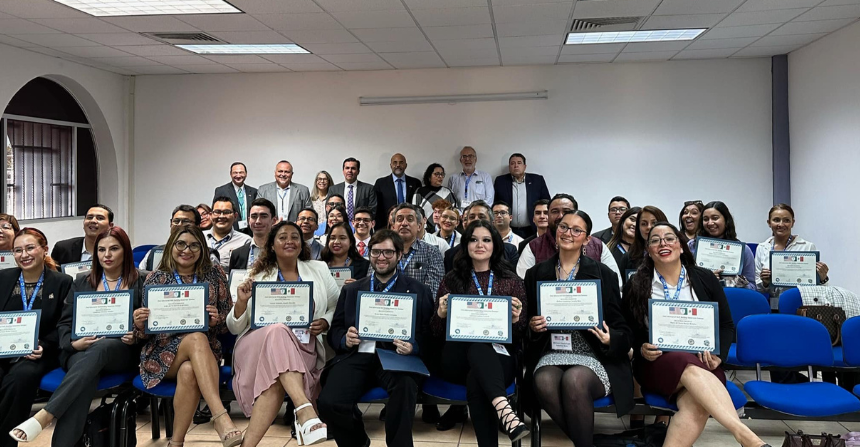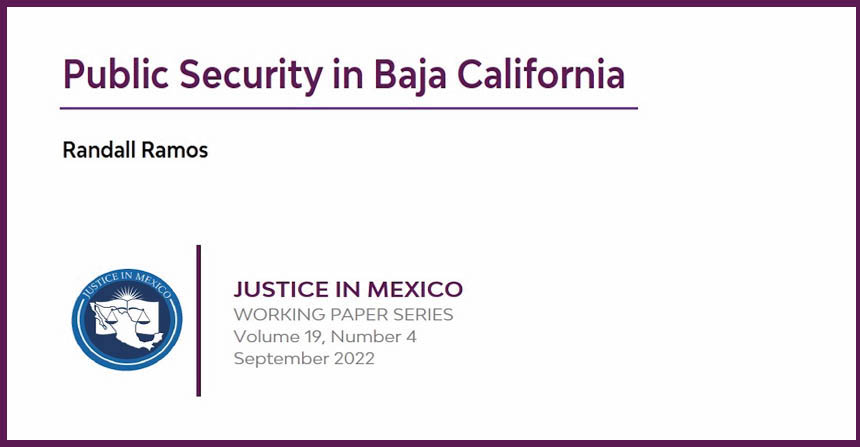Press Release – June 6, 2014

Gun violence claims the lives of hundreds of thousands of people in war zones and outside of them. At least 540,000 men, women and children are killed by small arms and light weapons – the vast majority of them in ostensibly “peaceful” countries. In fact, cities across the Americas—North, Central and South—are ground zero for armed violence, concentrating the majority of gun-related deaths and injuries. They also feature thriving weapons manufacturing capabilities, considerable gun ownership, and challenges related to gangs and militia. Yet there is surprisingly limited quantitative information on the scale and magnitude of the challenge, or successful ways to prevent and reduce violence.
In order to fill this knowledge gap, a group of leading academic researchers formed the Small Arms Data Observatory (SADO) in 2014. Based out of the Joan B. Kroc School for Peace Studies at the University of San Diego, SADO brings together an international consortium and a new website. SADO has three basic goals that differentiate it from other research centers. First, it is devoted to the quantitative study of firearms and ammunition—their manufacture, trade and impacts. Second, it is focused on the Americas, though will gradually undertake research globally. And third, SADO applies innovative statistical and geographic methods and also designs new technologies, including visualization tools, to improve transparency on the supply and demand for firearms and the motivations of their users.
In contrast to other U.S.-based research groups, SADO brings together researchers from around the world to better understanding the international dimensions of gun production, trafficking and misuse. SADO is affiliated with the Kroc School’s Trans-Border Institute (TBI), as well as the USD-based Justice in Mexico Project. It also brings on-board core partners from August State University, the Brazil-based Igarape Institute, the Peace Research Institute of Oslo, and researchers in Spain. Early outputs from SADO affiliates have drawn attention to the volume of arms smuggling from the US to Spain, as well as the dynamics of Brazilian and US manufacturing and trading in firearms and ammunition.
The SADO website is a central repository for SADO compiled datasets, as well as Working Papers and opinion editorials. In May, SADO launched its first Working Paper—“Do U.S. State Firearms Laws Affect Firearms Manufacturing Location?”—authored by economists Jurgen Brauer, Daniel Montolio, and Elisa Trujillo. In June, SADO released its second Working Paper—“Elusive Facts About Gun Violence: Where Good Surveys Go Bad,”—by globally renowned criminologists Philip J. Cook and Jens Ludwig. Future Working Papers will focus on issues of ammunition leakages from military to civilian markets, the relationships between ammunition prices and homicidal violence, the evolving dynamics of the small arms trade, and the efficacy of gang ceasefires in Latin America and Caribbean cities.
For more information on SADO or to arrange interviews with the consortium members, contact Topher McDougal <[email protected]>
Visit the SADO website at www.smallarmsdata.org




